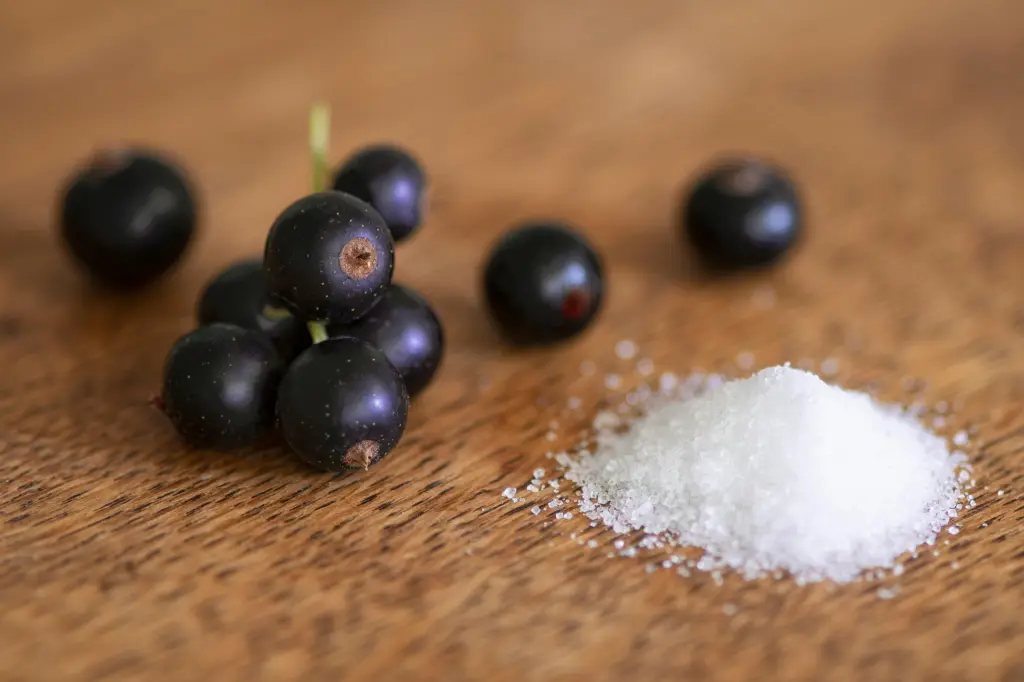Experiencing a persistent salty taste in your mouth, even when you’re not eating anything salty, can be concerning and puzzling. While this symptom is often temporary, it may also indicate underlying health issues that require attention. Understanding the potential causes of this sensation can help guide you toward appropriate solutions or medical care. Here’s a detailed look at what could be behind this odd salty taste.
Common Causes of a Salty Taste
- Dehydration Dehydration is one of the most common and benign causes of a salty taste in your mouth. When your body doesn’t have enough fluids, your saliva becomes more concentrated with minerals, including salt, giving you that distinct salty taste.Symptoms of Dehydration:
- Dry mouth or feeling constantly thirsty
- Dark urine or infrequent urination
- Fatigue or lightheadedness
- Dry Mouth (Xerostomia) Dry mouth occurs when the salivary glands in your mouth aren’t producing enough saliva. Saliva helps balance the tastes in your mouth, and when it’s lacking, certain flavors, including salty ones, may be exaggerated.Causes of Dry Mouth:
- Medications (e.g., antihistamines, antidepressants, and diuretics)
- Aging
- Smoking
- Mouth breathing
- Salivary Gland Infections Salivary glands are responsible for producing saliva, and when they become infected or inflamed (a condition called sialadenitis), you may experience a salty or metallic taste in your mouth. The infection could be bacterial or viral in nature and is sometimes associated with blocked ducts, swelling, and pain.Other Symptoms:
- Swelling in the face or neck
- Pain in the mouth or jaw area
- Pus drainage in the mouth
- Fever
- Postnasal Drip Allergies, colds, or sinus infections can cause mucus to drip down the back of your throat, a condition known as postnasal drip. The mucus can carry a salty taste with it, particularly if the drip is thick and continuous.Other Symptoms:
- Persistent cough
- Throat irritation
- Congestion or runny nose
- Gastroesophageal Reflux Disease (GERD) Acid reflux or GERD occurs when stomach acid flows back into your esophagus. This can create a variety of uncomfortable symptoms, including heartburn, a burning sensation in your throat, and a salty or metallic taste in your mouth. Stomach acid itself can have a salty flavor, which may linger after a reflux episode.Other Symptoms:
- Heartburn
- Chest pain
- Difficulty swallowing
- Chronic cough
- Hormonal Changes Hormonal fluctuations, particularly in women during pregnancy, menopause, or as part of a menstrual cycle, can affect taste. Some women report a persistent salty taste, especially during pregnancy when hormonal changes can lead to dry mouth and increased sensitivity to certain flavors.How to Fix It: If pregnancy or hormonal changes are the cause, the salty taste usually resolves on its own. Staying hydrated and maintaining good oral hygiene can help manage symptoms.
- Nutritional Deficiencies Certain deficiencies in vitamins and minerals, such as vitamin B12 or zinc, can alter your sense of taste. A lack of these nutrients can affect the health of your nerves, including those responsible for taste and smell.Other Symptoms:
- Fatigue
- Numbness or tingling in extremities
- Changes in mood or memory issues
- Neurological Disorders Taste perception is closely linked to your nervous system, and conditions that affect the brain or nerves, such as epilepsy, multiple sclerosis (MS), or even a stroke, may interfere with your taste buds. A salty taste could be an early or intermittent symptom of a neurological issue.Other Symptoms:
- Numbness or tingling in other parts of the body
- Loss of balance or coordination
- Blurred vision
- Muscle weakness
- Oral Health Issues Poor oral hygiene can cause various taste disturbances, including a salty taste. Conditions such as gum disease (gingivitis or periodontitis), infections, or dental abscesses may lead to abnormal tastes due to bacteria buildup or pus from infections.Other Symptoms:
- Swollen, bleeding gums
- Toothache
- Bad breath
- Medication Side Effects Several medications, such as chemotherapy drugs, antidepressants, and blood pressure medications, list altered taste perception as a side effect. These medications may interfere with your taste buds or cause dry mouth, leading to a salty taste.How to Fix It: If you suspect your medication is causing the salty taste, consult your doctor to see if an alternative can be prescribed. Never stop taking medication without professional guidance.
- Kidney Disease In more severe cases, a salty taste can be linked to kidney disease. When your kidneys are not functioning properly, they may fail to remove waste products from your blood, leading to a buildup of minerals, including sodium, which can cause a salty taste.Other Symptoms:
- Swelling in legs and feet
- Fatigue
- Changes in urination frequency
- High blood pressure
When Should You Seek Medical Attention?
If the salty taste is persistent and doesn’t go away with simple measures like hydration or improved oral hygiene, or if it’s accompanied by other concerning symptoms like swelling, pain, or changes in vision, it’s important to consult a healthcare provider. Early diagnosis of an underlying condition can make treatment more effective.
Conclusion
A persistent salty taste in the mouth can be caused by a wide range of factors, from simple dehydration and dry mouth to more serious conditions like kidney disease or neurological disorders. If you experience this symptom regularly, monitoring any accompanying signs can help you determine whether a doctor’s visit is necessary. Maintaining proper hydration, oral hygiene, and overall health is key to reducing or eliminating this unusual taste sensation.








